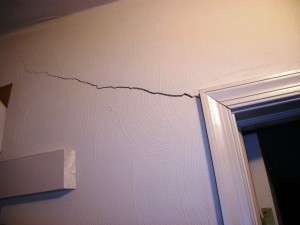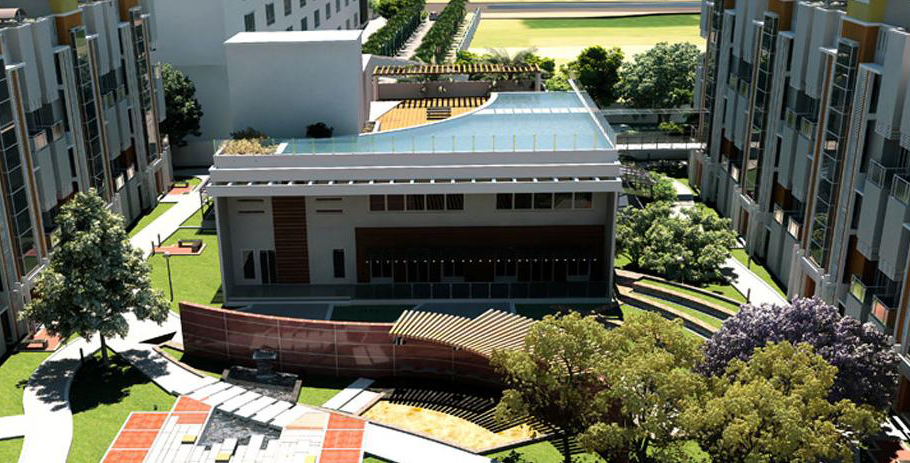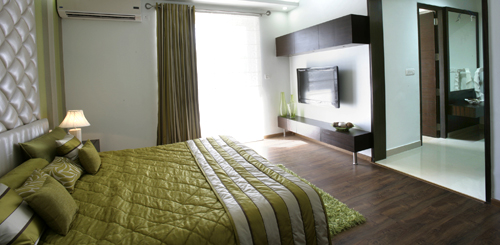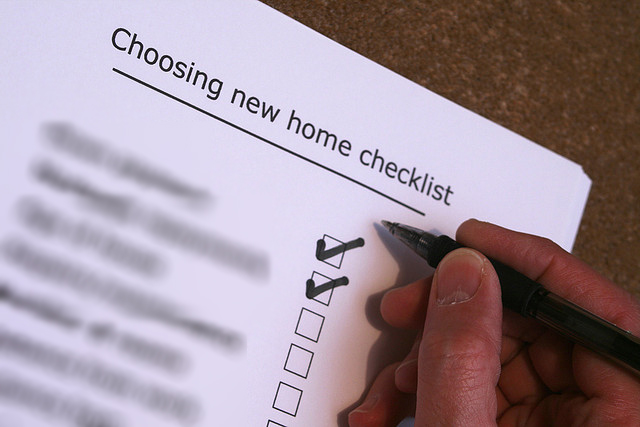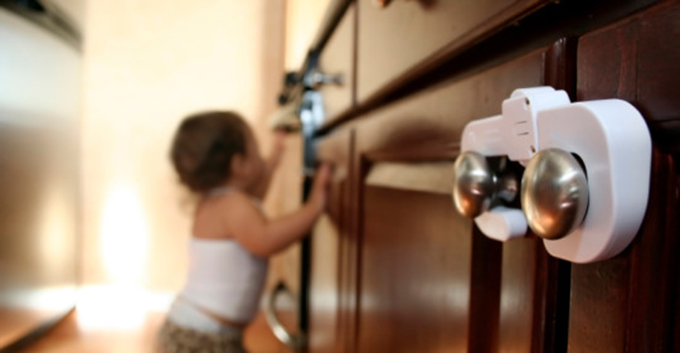Buying a home is probably the biggest purchase anyone will ever make. For most of us it is the ultimate ‘status symbol’, the ultimate ‘we made it’ sign. Everyone realizes buying a new home isn’t easy. It involves a lot of work and effort, sometimes even years of preparation. When the moment finally arrives and we’ve decided on the house of our dreams how does one go about paying for it? Almost everyone opts for a home loan, besides the obvious benefits like ease of payment, tax benefits and not blocking up capital, home loans are also easy to apply for, especially with so many banks offering the home loan. With that being said, as a potential new owner, one needs to do a few things that ensure that the home loan approval happens on time and smoothly.
1) Plan within budget: The first step is to plan the budget of your house. As someone going for a home loan do not worry about the project cost, you need to pay closer attention to the EMI (Equated Monthly Installment). Ensure that the EMI is within your budget. This is something the bank looks into as well. When they get your bank statements they cross your earnings to your expenses and saving and then see how much EMI an individual can afford.
There are many EMI calculators online which can help you plan your spending. Just enter the amount of home loan, the tenure, approximate interest rate and voila! Your answer is in front of you 🙂
2) Keep your documents handy: Buying a new home can be overwhelming; the last thing you need is the stress of running around for documents at the last minute. Save yourself the trouble and keep the documents ready beforehand. Most banks ask for more or less the similar documentation like –
- Identity Proof: Voter’s ID, PAN Card or any photo ID
- Income Proof: Latest salary slips and Form 16 documents or if you’re are self-employed, last 2 years IT returns and certified computation of income.
- Proof of residence: Electricity Bill, Water Bill, Telephone bill, Bank account statement, Property documents etc… or other such bills with your name on it can be used.
- Last 6 months bank statements: Salaried or Self Employees they usually ask for these.
- Guarantors: Some banks might ask for a guarantor so ask a couple of friends and family and be ready in case the bank asks for it.
Each bank has different requirements so be sure to talk to your home loan officer in advance, alternatively, you could check out your bank’s site and get that info as well.
3) Track your Credit rating: CIBIL (Credit Information Bureau India Limited) tracks people’s credit history and allots a rating to them. When purchasing a home, people plan months in advance. This is when you need to start tracking your credit rating. If it needs improvement, this is the best time to do it. Start paying off loans and credit cards on time, & make sure you have no cheque bounces and outstanding payments etc…
The credit score is rated on a scale of 300 to 900. The higher the rating, the higher the chances of you getting the loan approved. A Credit score of around 800 is ideal, failing which 700 should be the target. For a small fee, you can check your CIBIL credit score by logging on to their website.
Additional Tips:
- Check with your own banker for a loan. Since you already have a savings or current account there getting a loan might be easier.
- If you are buying an apartment or Villament, try to get the loan through the banks that the builder has tied up with. The banks are aware of the property and this sometimes helps expedite the process.
- Before you decide on a bank cross-check with other banks to ensure that you are getting the best interest rate possible.
Buying a home is a big decision. Don’t let the smaller details of applying for a loan make you sweat. Follow these simple guidelines and you should be in our new house in no time 🙂




